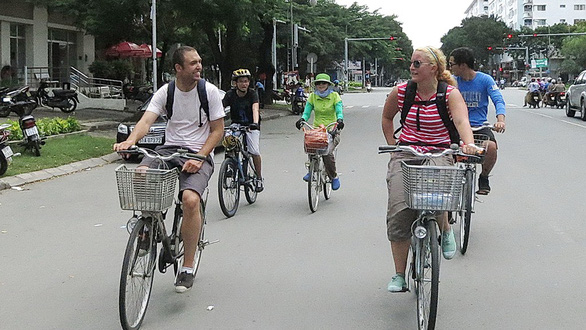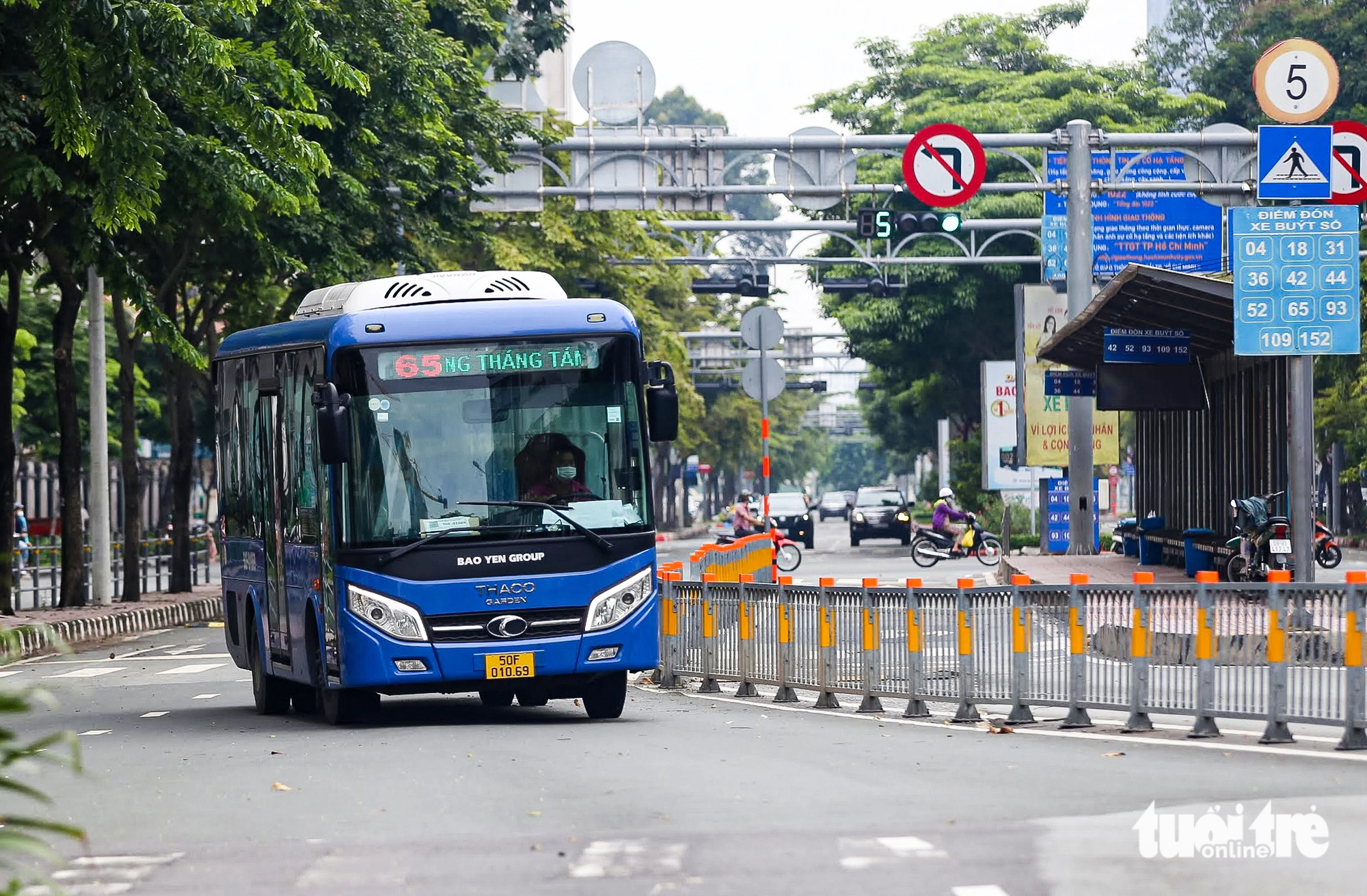OK expats, it's time to take a good look at yourself. You are living in Vietnam, but are you playing your part in the protection of the environment in your city and community or have you made it someone else’s problem? What can we do as expats to play our role in reducing pollution in Vietnam?
All across the country, expats from all over the world call Vietnam home. In big cities like Ho Chi Minh City and Hanoi, Western and Asian expats live in almost every community from north to south. But when the issue of pollution and the environment is raised, often the onus is placed on Vietnamese citizens to change their habits, while we expats continue without considering how we can reduce our own environmental impact.
I took a good look at my own carbon footprint and I thought it was time that we all challenge our situation and position and highlight what we can do to improve the environment. After over a decade in Ho Chi Minh City, I have seen massive growth and I believe I have been more an observer than a participant.
You could call me the typical expat. I live in an apartment within five kilometers of the center of the city. I ride a motorbike and I sometimes use taxis. I have air-conditioning in my apartment and use the service of the garbage collection without giving a thought as to how much garbage I produce or how to recycle it.
At the outset, I know I must admit that I do not do enough for the environment in Vietnam. I use the services and live a comfortable life without making sacrifices to better the environment in my community.
My first step to environmental improvement has been to turn off the air-conditioning and use a fan instead. For many smaller dwellings, air-conditioners take up around 50 percent of the cost of electricity for the household. Whilst an obvious cost to us all, the impact on the environment is not so obvious and this small change can have a massively positive impact on our planet.
Still in the home, garbage places enormous stress on the local environment. Minimizing food waste, reusing packaging where possible, and recycling materials are just a few ways to help your community create a cleaner world.
Before you throw out old items, just take a moment to consider if it can be reused. A simple ad on a social media site can mean your old things can have a second life and not end up in landfill.
Transport is another pollution-generating function around my city. Motorbikes form the majority of vehicles but it is cars, trucks, and other big machines that create the greatest impact on the environment. There is no doubt that replacing your fuel-driven vehicles with electrical options, public transport, or pedal power will have significant and long-lasting effects on the local environment.
|
|
| A No. 65 bus traverses Ham Nghi Street from Ton Duc Thang Street to Ben Thanh Market in District 1, Ho Chi Minh City. Photo: Chau Tuan / Tuoi Tre |
Did you know that the oil that produces fuel for cars is also used to turn out plastic items such as straws and cups utilized by the service industry, cafés, and food stalls all over the world? The fact is that it takes over 100 years for one plastic bottle to break down in the natural environment and single-use plastic has become the biggest issue to the future of the globe.
In my community, I still see excessive use of single-use plastic for such things as smoothies, coffee, street food meals, and desserts. Slowly, we are finding options to remove these from our daily life. Buying reusable cups is one way to reduce your impact on the environment.
Thankfully, an increasing number of street food vendors are now willing to fill your reusable cup or bowl, offering coffee or food in your own sustainable container. This culture is becoming much more widely accepted in Ho Chi Minh City and is spreading across the country. This one small change will do so much for the rivers, oceans, and marine life in the Southeast Asia region.
On your next visit to a supermarket or mall, take a moment to check out the reusable utensils now available in Vietnam. These world-standard products come at a small price but can significantly benefit the local community and the environment in Southeast Asia.
For many years, we have had people believing in and disputing the concept of global warming. The concept that human consumption is the primary cause of the changes to the weather and topography of the globe. But in this argument people fail to see one small issue. It is people’s everyday habits that make the biggest change to the planet. Our personal choice makes a bigger impact than global debate.
In some ways, communities around Vietnam, including my home of Ho Chi Minh City, have been a little slow at taking up new habits that will improve the state of the environment. Thankfully, in recent years, major progress has been made at all levels and now it is time for the expat community to play their part.
The most important question is “What are you going to change?” Will you walk to work, take a bicycle, turn off the air-conditioner, buy a reusable cup for coffee or spend some time cleaning up to reduce your single-use plastic usage?
It is undeniable that if every expat makes one change to improve the environment in Vietnam, there will be a noticeable impact. By leading by example and encouraging others to follow, you can share best practices with your community, creating a better environment and a brighter future for our children.
A cleaner environment starts with you and me. I have stopped sleeping with the air-conditioner on, I ride a bicycle more, use electric taxis where possible, recycle and reduce my waste. I hope you will join me in sharing your plan to make your impact on the environment just that little bit better.
Together, the expat community of Vietnam can be part of a better future for the country and the Asian region as it continues to change and improve its pollution issues.
Like us on Facebook or follow us on Twitter to get the latest news about Vietnam!



















































